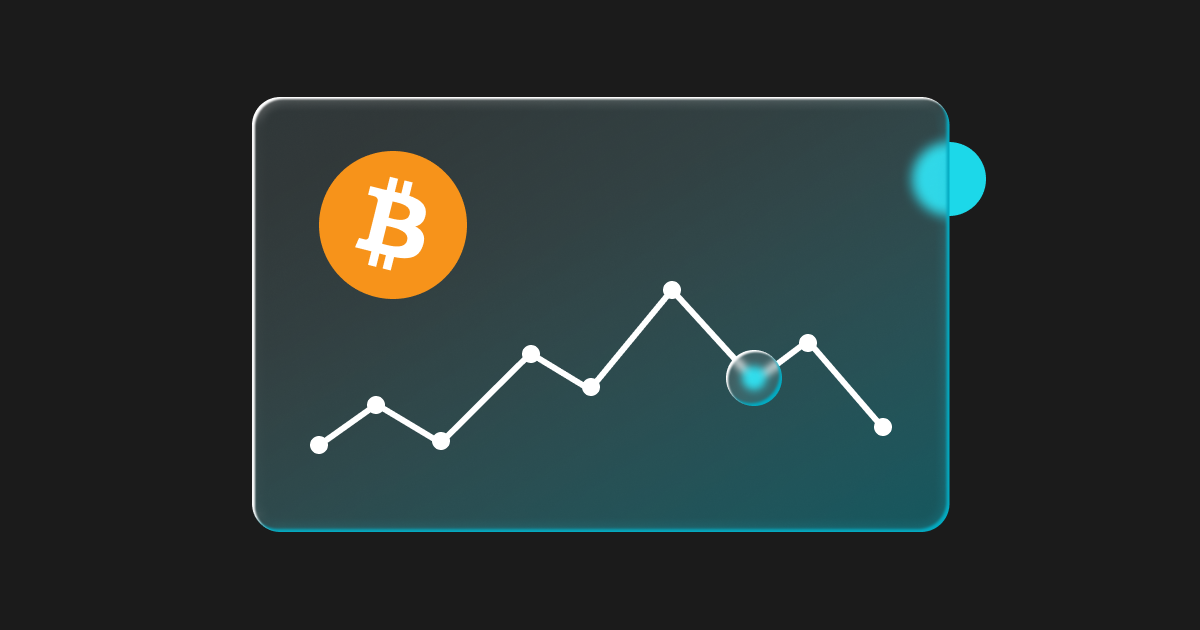Ondo Finance eyes tokenized treasury expansion amid crypto bull market
United States Treasury tokenization protocol Ondo Finance predicts the conflux of traditional finance with blockchain technology in the coming years and is expanding its own products accordingly.
Last month, the protocol opened up its first office in Hong Kong to expand its on-chain treasury offerings to Asia Pacific investors. In an interview with Cointelegraph, Nathan Allman, CEO of Ondo Finance, said that tokenized treasuries can have several advantages over simply holding the underlying treasuries themselves.
“Tokenized treasuries can be transferred on-chain, 24/7, including in decentralized and centralized exchanges and over-the-counter," said Allman. “They can also interact with smart contracts, unlike Treasurys held in a traditional brokerage account, allowing investors to take advantage of DeFi while earning sustainable yield."
"Flux [Ondo's DeFi protocol] is a perfect example, where peer-to-pool lending with algorithmically determined interest rates can take place with no intermediation."
Ondo has three products: OUSG, which provides exposure to U.S. Treasurys; OMMF, which provides exposure to U.S. money market funds; and USDY, providing a yield-bearing alternative to conventional stablecoins that are comprised of short-term Treasurys and bank deposits. The pools have around $186 million in total value locked and possess an annual yield of around 5%. Their underlying assets, the U.S. Treasurys, are guaranteed by the United States government, with revenue from sources such as income tax and corporate taxes paying for its interest expenses.
"Cash [Treasury] equivalents are only the first step and we’ll be announcing soon our plans to bring the other $100T+ of securities on-chain," Allman told Cointelegraph. "We are also looking to address core infrastructure-layer challenges to accelerate the large-scale creation and use of tokenized securities on public blockchains."
Currently, Ondo's tokenized assets are not available to U.S. investors due to a lack of regulatory clarity in the country. Non-U.S. users who wish to invest in Ondo’s treasury pools must first pass a Know Your Customer and Anti-Money Laundering verification check and hold the tokenized assets for at least 40 days before transferring them. “While there are no dedicated regulations for tokenized assets, the current form of products available in the tokenized market is structured in a way that it can be sufficiently covered under existing regulations and exemptions [outside the U.S.],” Allman stated.
Hong Kong is one such jurisdiction where regulators are keen on onboarding real-world asset tokenizers. In a letter on Feb. 20, the Hong Kong Monetary Authority outlines principles of governance and risk management, asset segregation, outsourcing, disclosure, and Anti-Money Laundering and Counter-Financing of Terrorism for tokenization firms. The new rules are expected to take effect in August.
Related: Real-world asset protocols outperform DeFi blue chips due to tokenization wave
Disclaimer: The content of this article solely reflects the author's opinion and does not represent the platform in any capacity. This article is not intended to serve as a reference for making investment decisions.
You may also like
Mantra CEO proposes burning $236M in tokens to rebuild trust

UK lawmaker’s account hacked in $HCC crypto scam attempt

Semler Scientific Files $500M Offering to Expand Bitcoin Holdings
Bitcoin’s wide price range to continue, no longer a ‘long only’ bet

